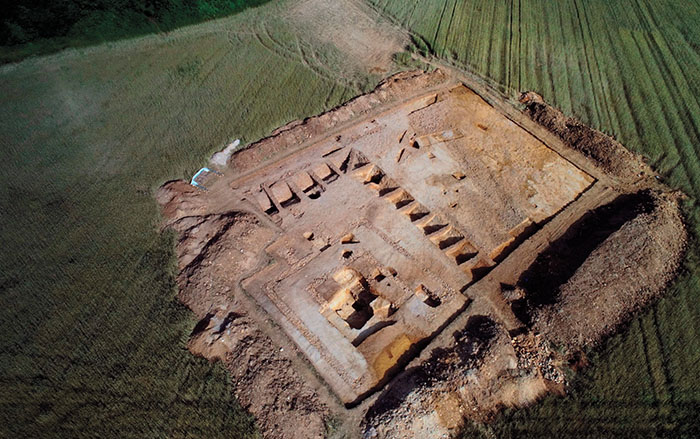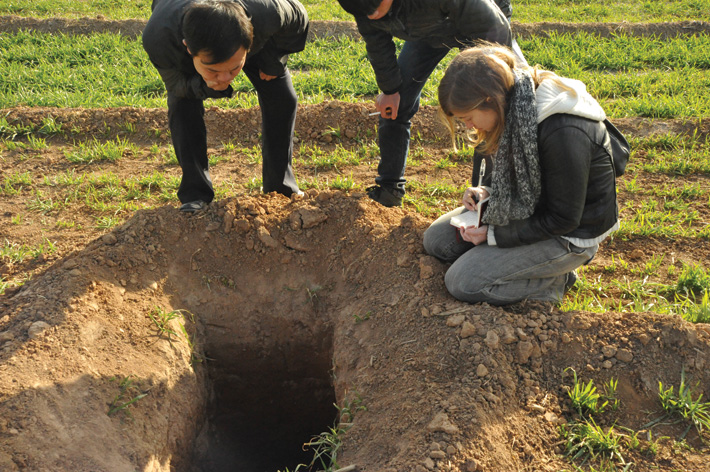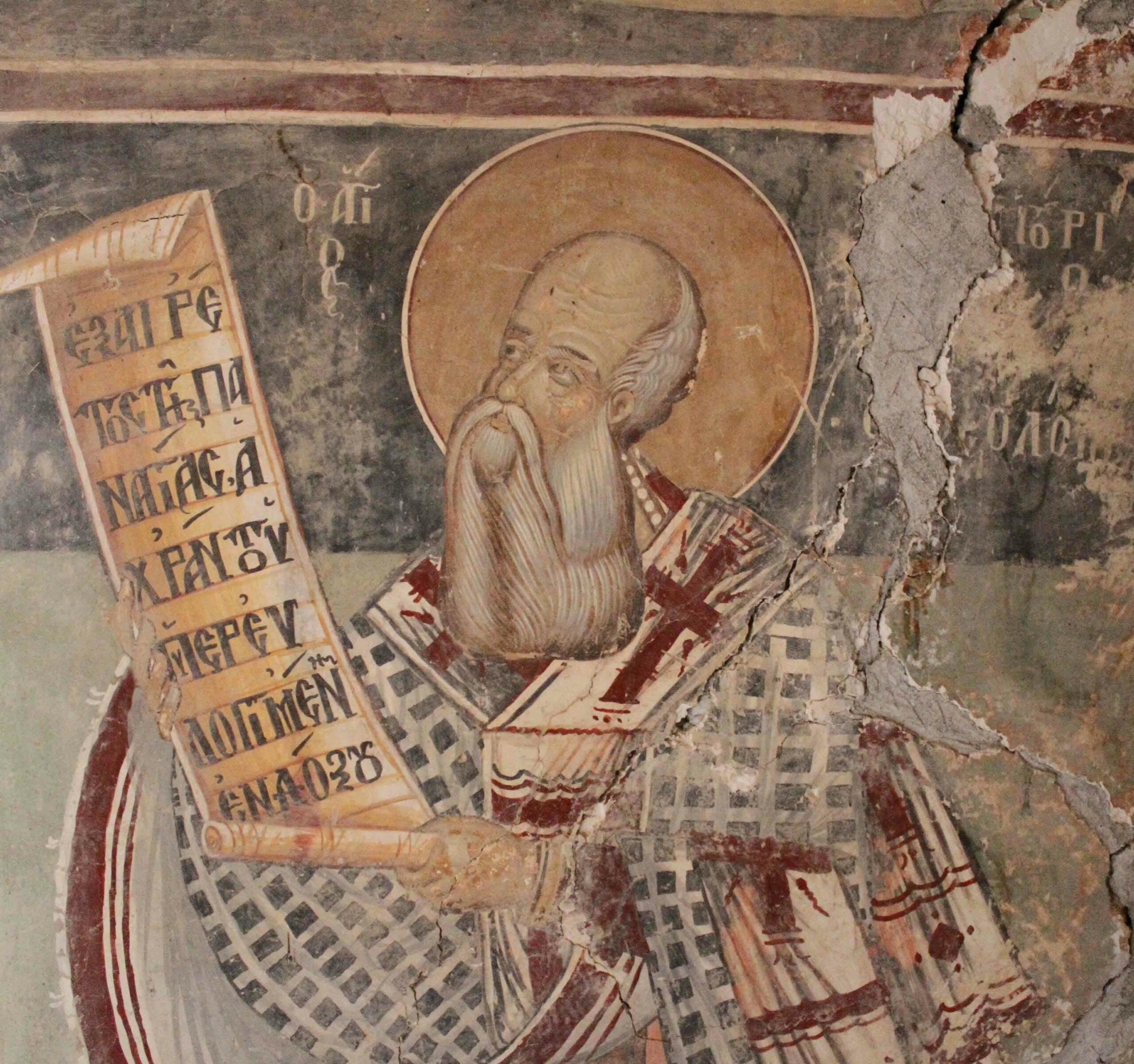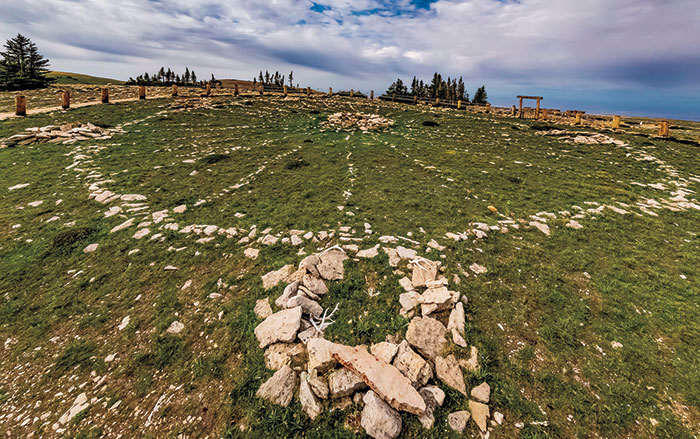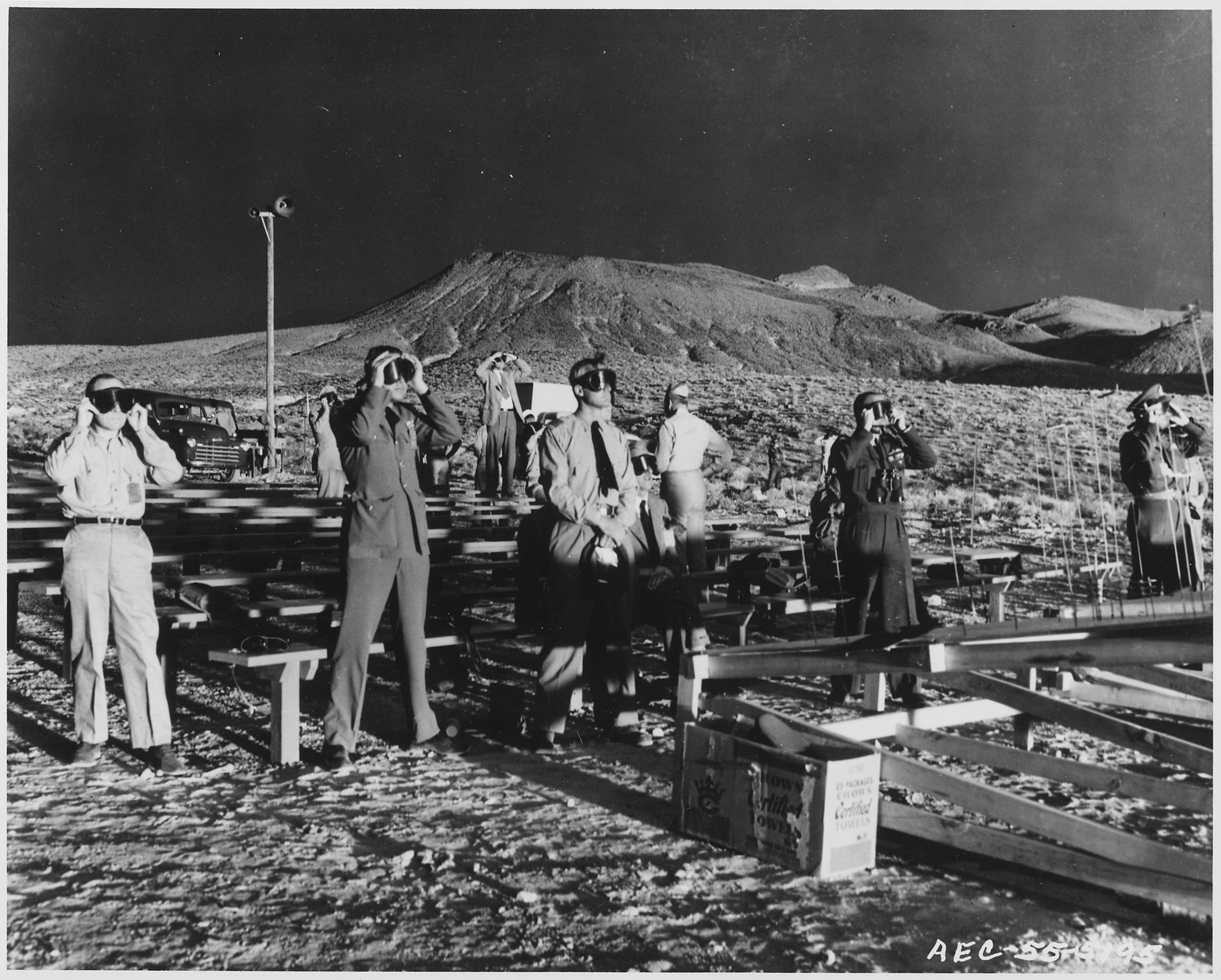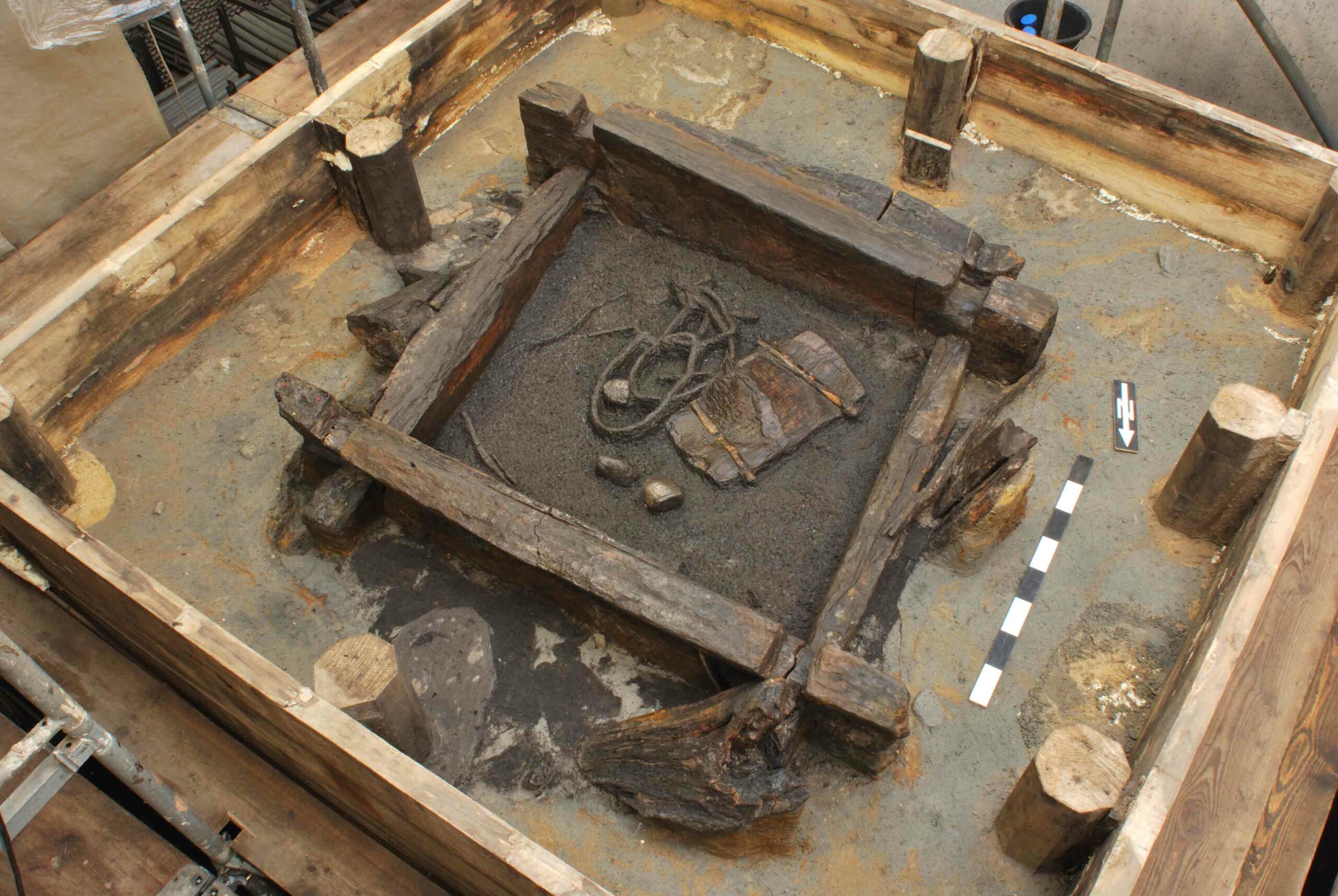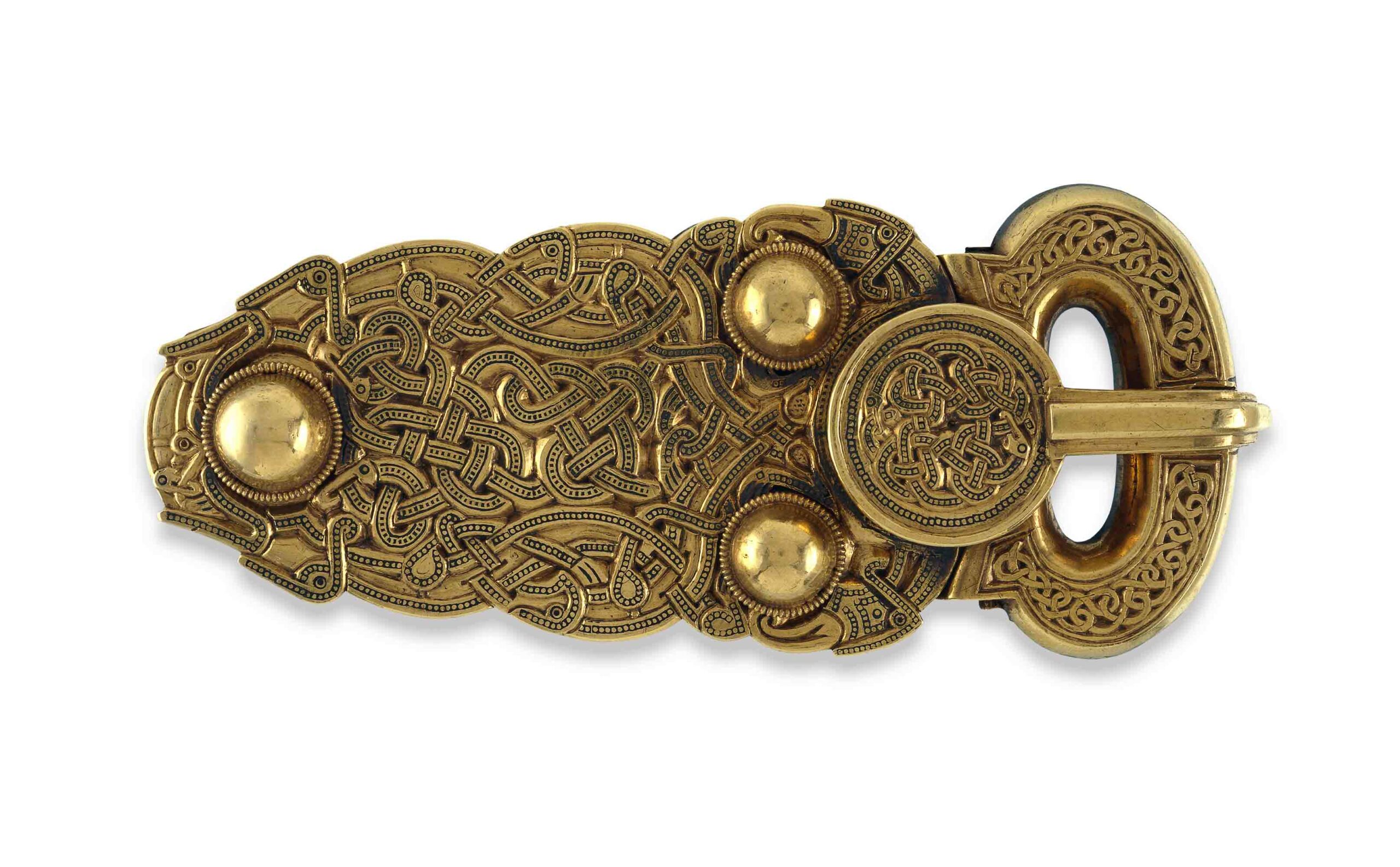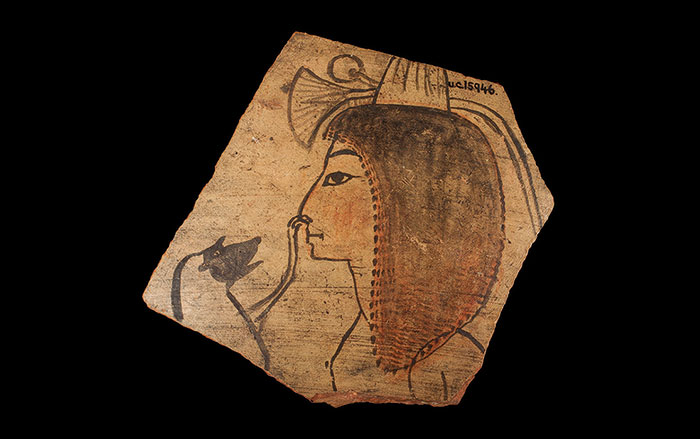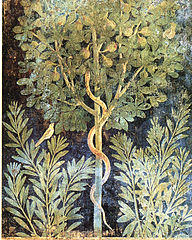
POMPEII, ITALY—Fragments of tiles, painted plaster, bricks, and stone stolen from Pompeii are being returned by the hundreds, often with a letter of apology. “People write expressing regret, having realized they have made a terrible mistake and that they would never do it again and for this reason they are sending the stolen pieces back,” Massimo Osanna, director of the World Heritage site, told The Local. In particular, the return of one fragment has been crucial to the restoration of the Casa del Futteto, or house of the orchard keeper. The piece was taken in the 1980s and sent back last spring. Alessandro Pintucci, president of the Italian Confederation of Archaeologists, recommends additional security for cultural sites all over Italy. To read in-depth about the restoration of one of Pompeii's most dramatic structures, see "Saving the Villa of the Mysteries."


